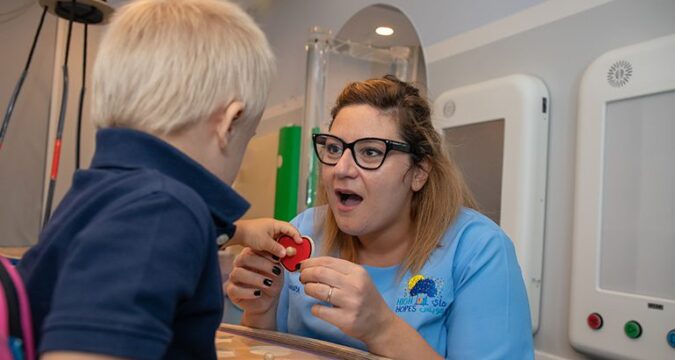
Occupational therapy plays an important role in helping individuals overcome challenges related to physical, mental, or developmental conditions. An effective occupational therapist Dubai requires a diverse skill set to assist patients in achieving their personal goals, improving daily functioning, and improving overall quality of life. Below are some of the essential skills that define a successful OT.
Strong communication skills:
Effective communication is key to building a trusting relationship between an occupational therapist and their patients. OTs must be able to communicate clearly with patients, their families, and multidisciplinary teams. This includes active listening to understand the needs, concerns, and preferences of patients. Clear communication helps therapists explain treatment plans, provide instructions, and give feedback in a way that is easy for the patient to understand. Additionally, communication skills are important in educating family members about how they can support their loved one’s therapy journey.
Problem-solving and critical thinking:
Occupational therapists often encounter patients with complex issues that require creative solutions. Problem-solving skills are important in assessing each patient’s individual needs and designing appropriate treatment plans. Effective OTs must evaluate a patient’s environment, health condition, and personal goals to develop interventions that will improve their functioning. Additionally, critical thinking is essential in adapting treatment approaches when progress is not being made or when unexpected challenges arise.
Patience and empathy:
Working with individuals who face physical, cognitive, or emotional challenges requires a great deal of patience and empathy. An effective OT must be compassionate, understanding, and non-judgmental, helping patients feel supported throughout the therapy process. Empathy allows therapists to connect with patients on a deeper level, understand their struggles, and provide emotional support during difficult moments. Patience is also vital, as therapy can be a long process with incremental progress.
Attention to detail:
Attention to detail is important for OTs, as even small changes in a patient’s condition or environment can have a significant impact on their treatment plan. Therapists need to observe and document every aspect of a patient’s progress, from physical movements to emotional responses. Small details, such as a patient’s preferences or specific challenges, can make all the difference in the therapy process. This attention ensures that treatment plans remain relevant and that progress is accurately tracked.


